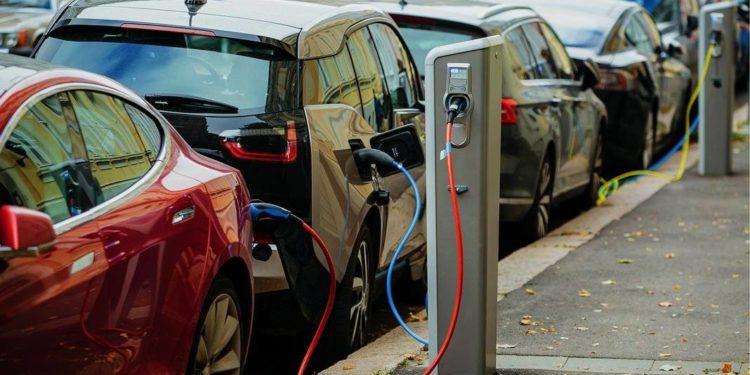Micro, Small, and Medium Enterprises (MSMEs) are undeniably the backbone of Kenya’s economy. They not only drive innovation but also significantly contribute to the nation’s economic well-being, generating over 34.0% of the GDP. Given their critical role, it’s essential to recognize MSMEs as key players in Kenya’s transition toward sustainable transportation.
The global shift toward eco-friendly mobility has reached a point of no return. In this regard, MSMEs present untapped potential that could be pivotal in addressing the obstacles hindering Kenya’s green transportation journey. Beyond just adopting eco-friendly solutions, MSMEs can be the catalyst in supporting businesses that contribute to the sustainability of the transport sector, such as building the infrastructure for electric vehicles (EVs).
A report from the International Energy Agency (IEA) highlights Kenya’s notable progress in embracing battery electric vehicles, as the nation pushes to establish a robust EV sector. By 2023, global electric bus sales had reached approximately 50,000 units, with Kenya setting its sights on having 200,000 electric motorbikes by the end of the year. Although this goal may seem ambitious, it is within reach, given the growing momentum of e-mobility efforts.
The potential of electric motorbikes, particularly for Kenya’s vast community of bodaboda riders, is immense. These riders stand to save over 30% on fuel costs compared to their counterparts using fossil fuel-powered bikes. In addition, electric motorbikes significantly reduce the environmental impact caused by traditional vehicles, offering a sustainable alternative that combats air pollution. This is critical as pollution from vehicles and motorbikes contributes to a range of health issues in Kenya, including stroke, lung disease, and cancer.
In developed nations, industrial emissions are often the primary contributors to air pollution. However, in Kenya and other developing countries, the transportation sector, along with agriculture, is a significant source of carbon emissions. Therefore, transitioning to electric vehicles, particularly for the three million bodaboda riders supporting over five million Kenyans economically, would be a game-changer in achieving climate-neutrality ahead of the 2050 target.
While Kenya’s EV sector is growing, challenges such as inadequate charging infrastructure, high initial costs for electric vehicles, and a limited electricity network have slowed adoption. The Ministry of Roads and Transport’s draft National e-Mobility Policy identifies these issues and proposes solutions, including low-interest loan programs and collaboration with financial institutions to develop accessible financing products for e-mobility, particularly for women, youth, and people with disabilities.
This is where MSMEs can play a transformative role. With the right support, they could be instrumental in expanding Kenya’s EV infrastructure. While most EV charging stations are currently concentrated in urban centers, MSMEs could bring these facilities to rural areas, thereby encouraging more widespread adoption of electric vehicles across the country. This would remove a major barrier for bodaboda riders and motorists who fear being stranded without access to charging stations.
Kenya is already home to several companies manufacturing electric bikes, such as Ampersand, Roam, Fika, Spark, Spiro, and Mogo. The recent opening of Mogo’s all-electric bike shop demonstrates the country’s progress toward decarbonizing its transportation sector. However, this progress can only be sustained and accelerated if MSMEs are empowered to invest in supporting infrastructure, such as battery charging stations, across the nation.
By harnessing the innovation and agility of MSMEs, Kenya can create an enabling environment for green transportation. This, combined with government policies and financial incentives, will pave the way for a future where electric vehicles are the norm, helping the country achieve its climate goals while fostering economic growth. The time to act is now—MSMEs must not be left behind in the race toward sustainability. Instead, they should be recognized and supported as essential drivers of Kenya’s green transportation revolution.

















